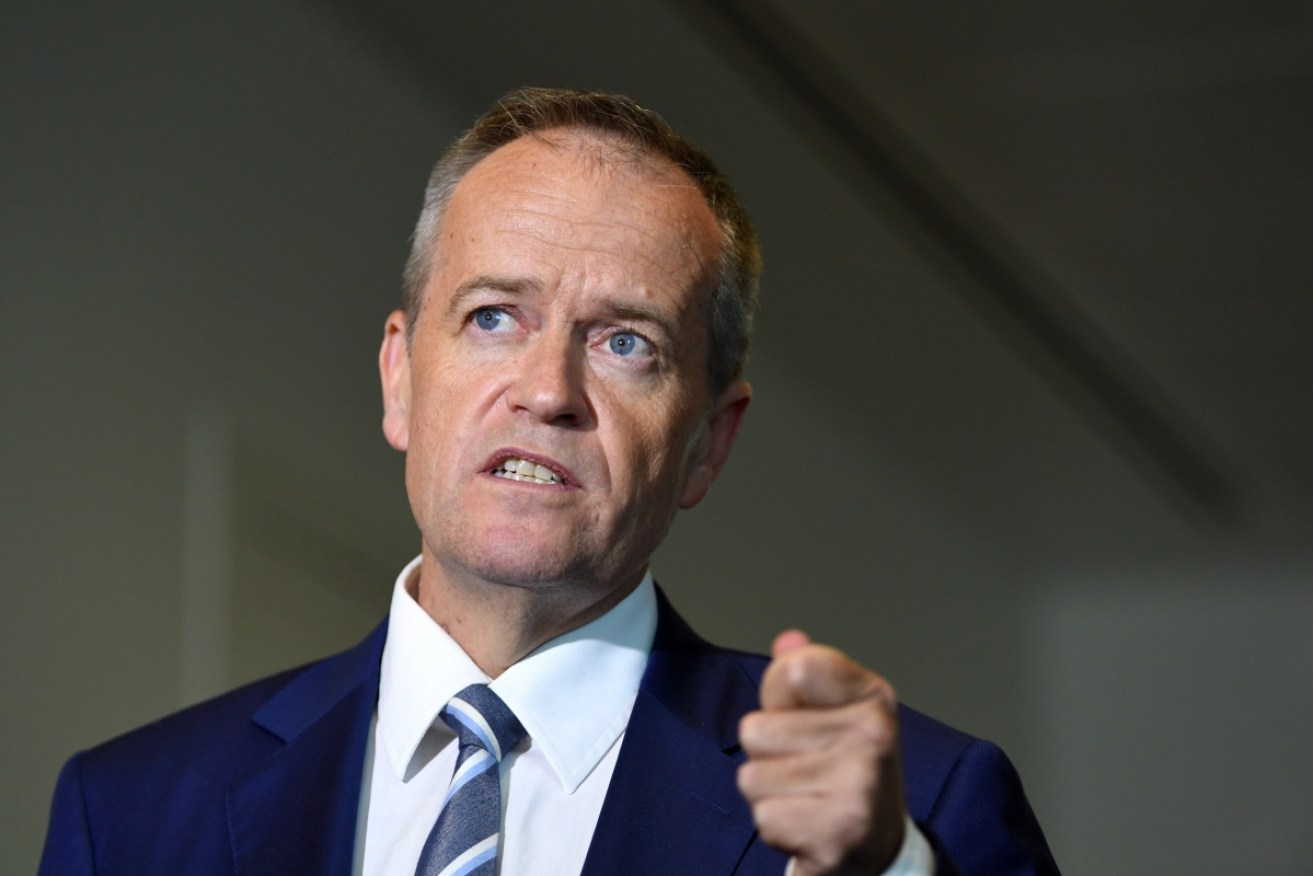Labor vows to restore penalty rates cut by the Fair Work Commission


Bill Shorten says Labor will restore penalty rates that were cut by the Fair Work Commission. Photo: AAP
Labor has escalated the political fight over penalty rates, vowing to restore the Sunday pay of thousands of workers who will have their wages slashed from July 1.
Addressing the ACTU’s NexGen conference on Tuesday night, Opposition Leader Bill Shorten said Labor would reverse the decision of the Fair Work Commission to reduce weekend pay for workers in the hospitality, retail, fast food and pharmacy industries.
“I promise you this: A new Labor government will restore the Sunday penalty rates of every single worker affected by this cut,” Mr Shorten said.
“And we will change the law to protect the take-home pay of working Australians into the future.
“That will be the choice at the next election. A Liberal Party offering a tax cut for millionaires and multinationals, and a wage cut for workers.
“And a Labor Party more determined than ever to stand up for a fairer tax system, and to fight every day to protect the pay and conditions of working Australians.”
In a bid to protect the estimated 700,000 workers affected by the decision, Labor had tried to legislate against the cuts during the final sitting of Parliament last week.
But despite winning the support of the Senate, and Nationals MP George Christensen crossing the floor in the House of Representatives, a bill to overrule the commission was narrowly defeated by the government.
The government has said the changes would “even the playing field for Australia’s small businesses”, who cannot negotiate enterprise deals with unions.
It has also argued that Labor had previously pledged to support the independence of the commission.

George Christensen crossed the floor of Parliament to protect penalty rates. Photo: AAP
The New Daily understands Labor’s policy will not be retrospective, meaning workers who lose money from July 1 will not be entitled to back pay.
It is also understood the legislation will be similar to Labor’s existing bill, which prevented the Fair Work Commission from reducing the take-home pay of workers.
By restoring penalty rates back to their existing level, a full-time retail worker would be paid at 200 per cent on Sunday.
From July 1, their pay rate will drop to 195 per cent before falling gradually to 150 per cent by July 2019.
For full-time hospitality workers, it means restoring their Sunday pay rate from 150 per cent to 175 per cent.
In its initial ruling, the Fair Work Commission argued that reducing weekend rates would allow employers to hire more staff.
The decision was welcomed by business groups.
Earlier in the month, the commission ruled that the weekend pay reductions would be phased in over three to four years, depending on the industry.
Cuts to public holiday pay will come into effect in full from July 1.
When the Fair Work Commission announced transitional arrangements, the government argued it had consistently respected the commission’s independence.
It has also accused Labor of hypocrisy, pointing to enterprise agreements in which unions had traded away penalty rates.
But Mr Shorten said on Tuesday that the Fair Work Commission’s decision had been different.
He said in this case penalty rates had not been “traded for a better base rate of pay” nor “negotiated for improved conditions”.
It was “just a straight-up cut to wages”, the Opposition Leader said.
Mr Shorten’s commitment comes amid a federal court challenge to the FWC decision by the union United Voice.
The union is arguing the FWC had “failed its obligation to uphold the living standards of low-paid workers”.








